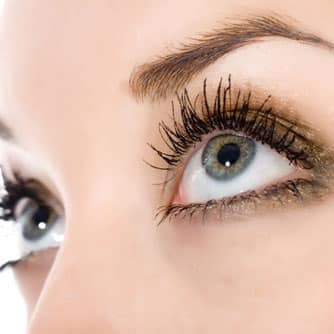Age-related vision changes result in large part from changes is the outer retina of the eye, which is subject to inflammation and cell loss. Glen Jeffery, from the Institute of Ophthalmology at University College London (United Kingdom), and colleagues fed old mice vitamin D for six weeks, observing that inflammation was reduced, the retinal debris partially removed, and tests showed that the animals’ vision was improved. The researchers identified two changes taking place in the eyes of the mice that they posit that accounted for this improvement. Firstly, the number of potentially damaging cells, called macrophages, were reduced considerably in the eyes of the mice given vitamin D. Giving mice vitamin D not only led to reduced numbers of macrophages in the eye, but also triggered the remaining macrophages to change to a different configuration. Rather than damaging the eye the researchers think that in their new configuration macrophages actively worked to reduce inflammation and clear up debris. The second change the researchers saw in the eyes of mice given vitamin D was a reduction in deposits of a toxic molecule called amyloid beta that accumulates with age. Inflammation and the accumulation of amyloid beta are known to contribute, in humans, to an increased risk of age-related macular degeneration (AMD), the largest cause of blindness in people over 50 in the developed world. The researchers submit that, based on their findings in mice, giving vitamin D supplements to people who are at risk of AMD might be a simple way of helping to prevent the disease.
Vitamin D Helps to Combat Vision Loss
Vivian Lee, Elissa Rekhi, Jaimie Hoh Kam, Glen Jeffery. “Vitamin D rejuvenates aging eyes by reducing inflammation, clearing amyloid beta and improving visual function.” Neurobiology of Aging, 2 January 2012.
RELATED ARTICLES




